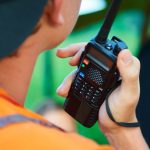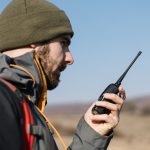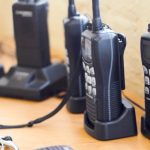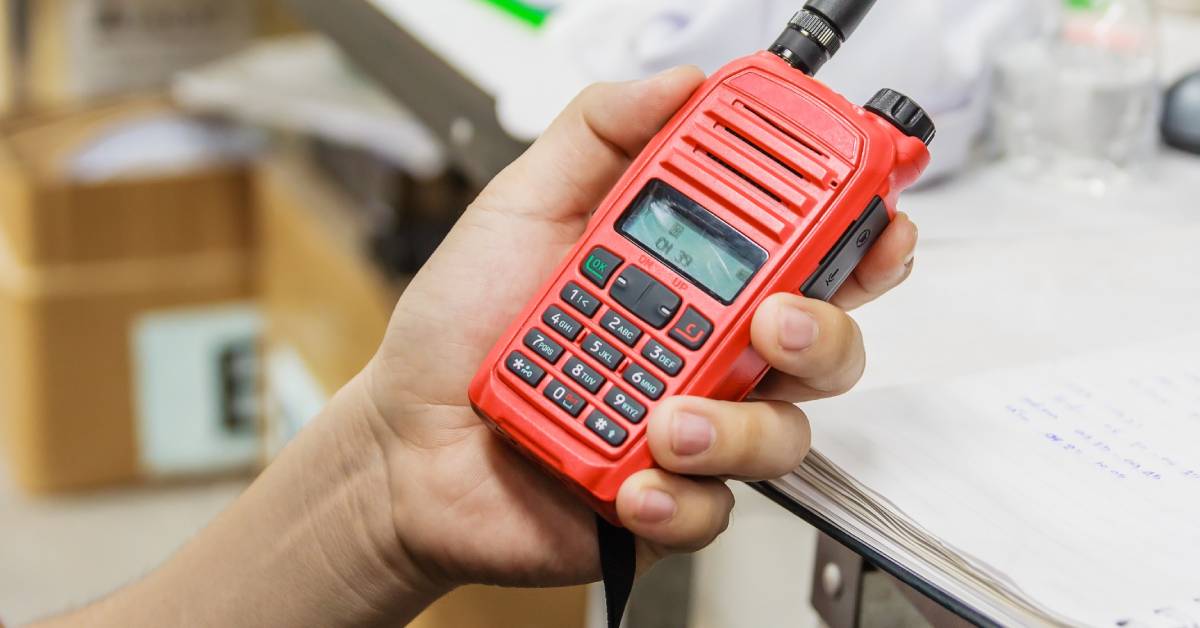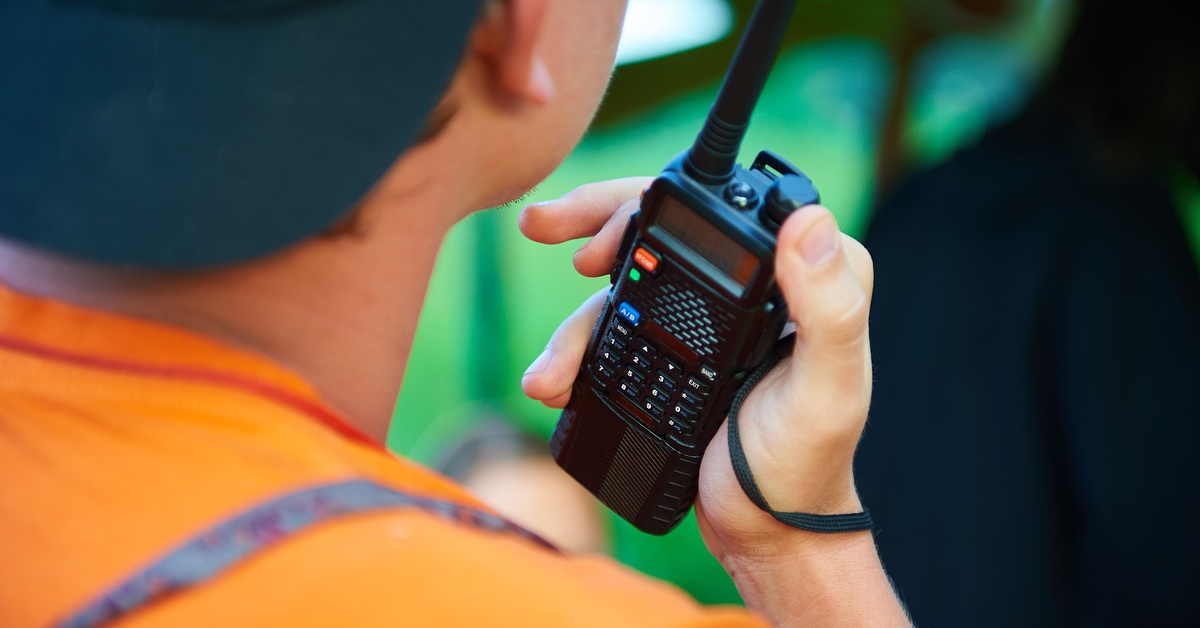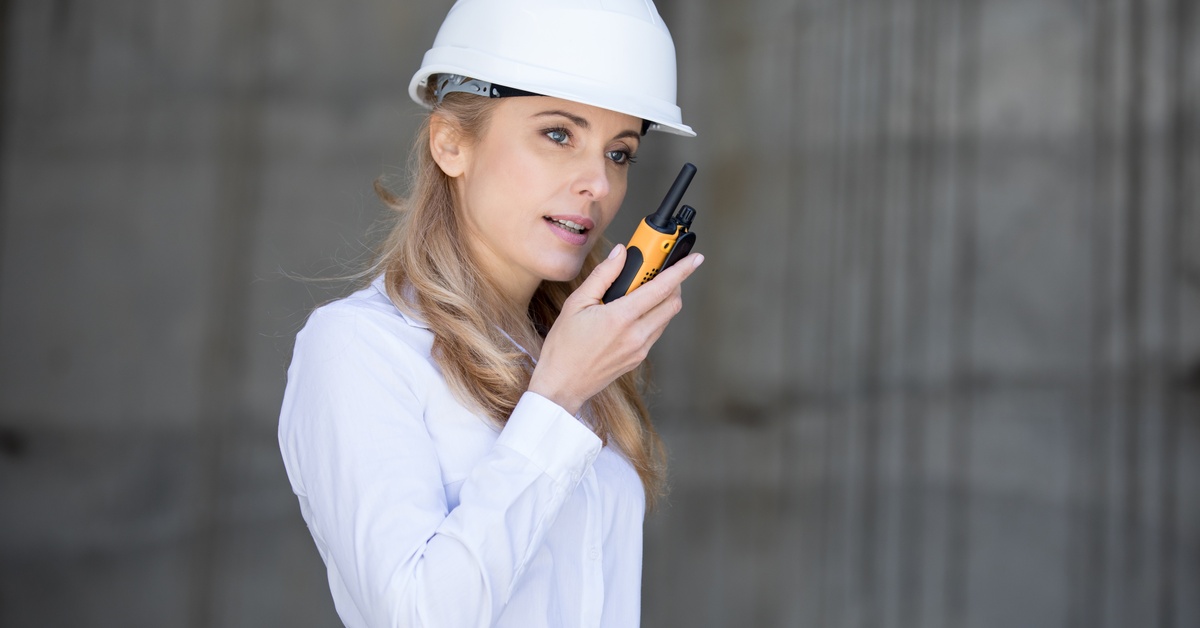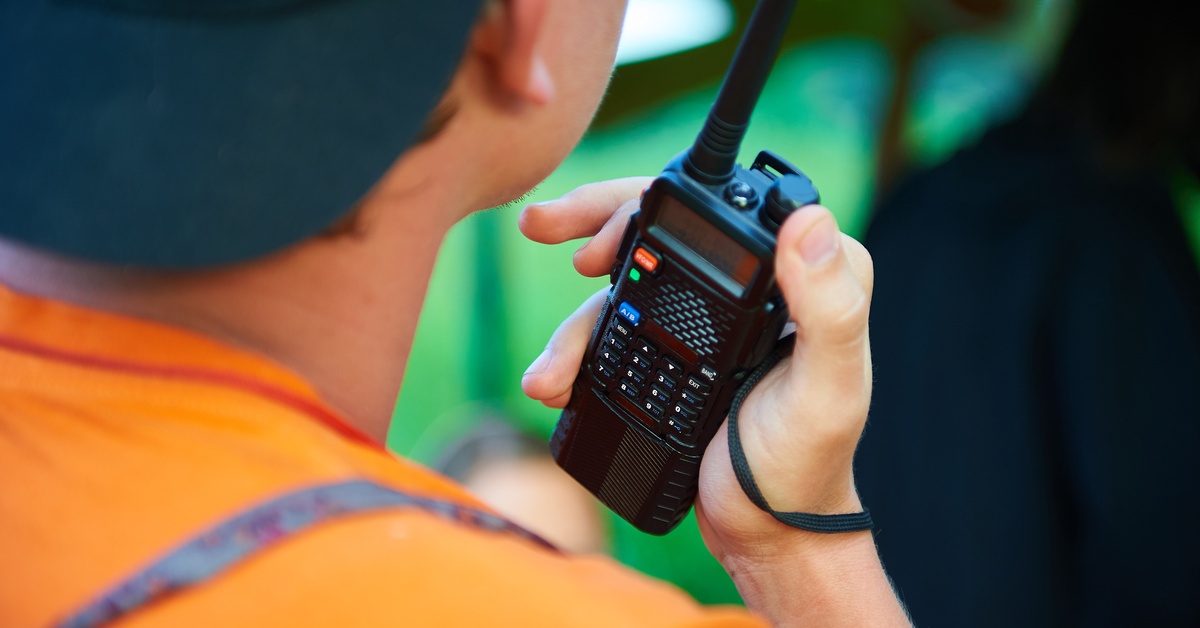Two-way radios are essential in many industries, including emergency services, construction, retail, and event management. They keep teams connected in fast-paced environments. Without the right battery, even the most advanced two-way radio is useless!
Choosing the wrong battery for your radio model can lead to communication breakdowns, operational inefficiencies, and costly replacements. We will walk you through the common mistakes people make when buying two-way radio batteries and how to avoid them. Whether you’re a first-time buyer or are looking to upgrade, this guide is for you.
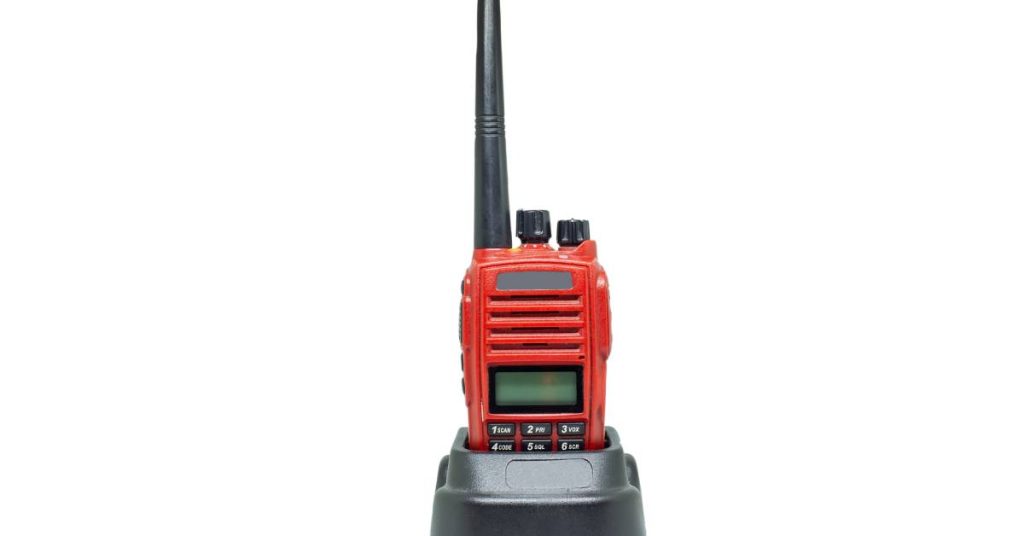
Understanding Your Two-Way Radio Battery
Radio batteries come in several types with different chemistries and performance levels. Here are the three most common:
Nickel-Cadmium (NiCd)
These cells perform well in extreme temperatures. However, they have a “memory effect,” which can reduce overall capacity if not discharged properly.
Nickel-Metal Hydride (NiMH)
NiMH chemistry offers higher capacity and more eco-friendliness compared to NiCd. Unfortunately, they’re heavier and shorter-lived under extreme conditions compared to NiCd.
Lithium-Ion (Li-Ion)
Known for being lightweight and compact, the high energy density of Li-Ion cells provides a long battery life per charge. They also have no memory effect, making them ideal for consistent usage.
Choosing the Right Battery for Your Radio
Before purchasing a battery, start by identifying your radio’s make and model. Many manufacturers make batteries specific to their devices, and not all batteries are interchangeable. Using the wrong type can damage both the battery and the device. Consult your device manual or manufacturer’s website to find compatible options.
Avoid These Mistakes When Buying
Even experienced professionals can slip up when selecting batteries. Here are the most common errors people make:
1. Overlooking Compatibility
Many buyers purchase batteries without verifying that they’re compatible with their radio unit. Batteries built for different models (or brands) may not fit properly or could fail to power your device altogether.
2. Ignoring Battery Capacity
Battery capacity, measured in milliampere-hours (mAh), determines how long a battery will last on a single charge. Some buyers opt for cheap models; however, their low capacity leads to frequent charging, which can become frustrating and inefficient for various operations.
3. Neglecting Battery Life Cycle
All batteries degrade over time. Many buyers fail to consider the life cycle of the battery, or the number of charge-discharge cycles it can handle before performance diminishes. Low-quality or counterfeit batteries typically have short lifespans, leading to more frequent replacements.
4. Buying From Unreliable Sources
Discounted batteries may come from unreliable sellers or marketplaces. These products are often counterfeit, refurbished, or made with subpar materials. While the low initial cost might seem appealing, they could damage your device or fail prematurely.
The Impact of Using the Wrong Battery
1. Communication Failures
Imagine being in the middle of an important operation only to have your radios fail because of substandard batteries! These disruptions can pose safety risks and tarnish professional reputations. When teams can’t communicate, they won’t be aware of dangerous situations.
2. Increased Costs
While a cheap battery might save a few dollars, frequent replacements, potential device damage, or operational downtime will cost you over time. Investing in authentic, durable batteries is the smarter financial decision.
3. Environmental Harm
Low-quality or counterfeit batteries degrade quickly and don’t have sustainable materials, making them harder to deal with in the long run. Also, disposing of them improperly can contribute to environmental pollution.
4. Increased Safety Risks
Low-quality or counterfeit batteries pose safety risks to two-way radio users. Inadequate construction and poor quality control may lead to overheating, leakages, or explosions!
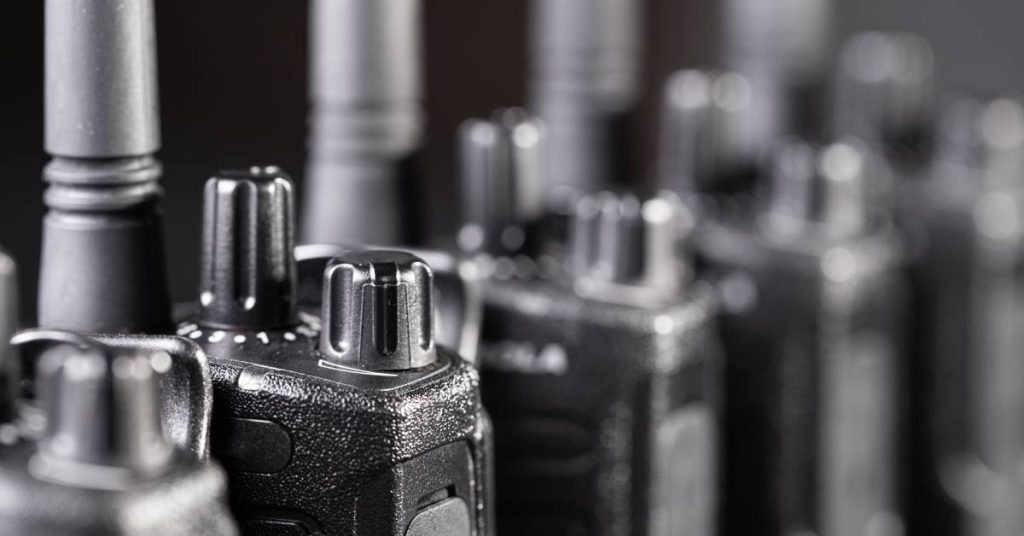
Best Practices for Buying Two-Way Radio Batteries
Avoid costly mistakes by following these best practices:
1. Verify Compatibility
Double-check battery specifications against your radio model before purchasing. When in doubt, refer to the manual or contact the manufacturer.
2. Choose Quality Over Cost
While budget constraints are valid, investing in high-quality batteries pays off in the long run. Look for reputable brands or manufacturers with good reviews.
3. Purchase From Trusted Sources
Stick to authorized dealers or the manufacturer’s website. Avoid sketchy third-party marketplaces that might sell counterfeit goods.
4. Consider Your Operational Needs
Identify how long your radios need to function daily, and select batteries with appropriate capacities.
Caring for Two-Way Batteries
By following these care practices, you can optimize the performance and longevity of your two-way batteries so they provide reliable power.
- Always use the charger recommended by the manufacturer. Using incompatible chargers can lead to inadequate charging or even damage to the batteries.
- Overcharging can shorten battery life, so avoid leaving the batteries connected to the charger for extended periods.
- Exposing the batteries to fluctuating temperatures or extreme heat or cold can degrade their performance and lifespan.
- Periodically discharging NiCd batteries before recharging can prevent the memory effect and reduce the maximum capacity of the batteries over time.
- Regularly inspect your two-way batteries for wear, damage, or bloating. If you notice abnormalities, such as leaks or swelling, replace the batteries immediately to prevent potential damage to your devices.
Disposal Tips
Proper disposal of two-way radio batteries protects both the environment and the people handling waste and recycling materials.
Look for Recycling Programs
Check for local recycling programs or collection centers that accept batteries for recycling. Many communities have designated drop-off locations or recycling events for batteries.
Find Manufacturer or Retailer Programs
Some battery manufacturers or retailers offer battery take-back programs, where you can return used batteries. Contact the manufacturer or retailer to inquire about such programs.
Don’t Toss Batteries in General Trash Bins
Never dispose of two-way radio batteries in regular household trash! Batteries contain hazardous materials that can harm the environment if they leach into the environment surrounding landfills.
Follow Local Disposal Regulations
Be aware of and adhere to regulations or guidelines for battery disposal in your area. Local government or environmental agencies may have instructions for proper battery disposal.
Choose the Right Battery To Power Your Operations
Two-way radio batteries may seem like a small purchase, but their impact is huge. Reliable communication depends on choosing durable, compatible, and high-quality batteries. By avoiding common mistakes when buying two-way batteries, you can ensure seamless operations, reduce costs, and enhance safety.
Looking for the perfect battery to meet your needs? A Motorola XTS 2500 battery from Battery Distributors offers reliability you can count on, no matter what!



